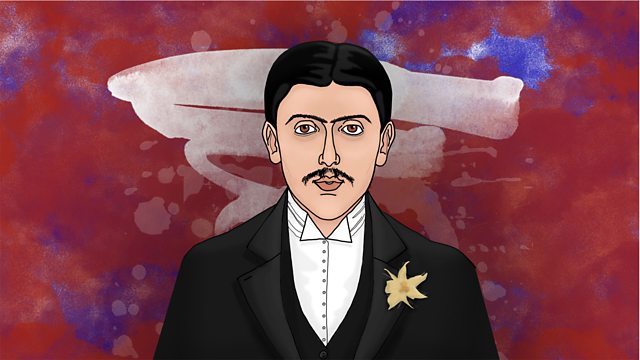Stream Marcel Proust’s In Search of Lost Time, a BBC Production Featuring Derek Jacobi (Free for a Limited Time)

A nice tip from Metafilter: "BBC Radio 4 is airing Marcel Proust's In Search of Lost Time in 10 episodes running to about nine hours in total. With a starry cast headed by Derek Jacobi as the Narrator, the adaptation is written by U.S.-born, UK-based playwright Timberlake Wertenbaker."
The entire audio collection will remain streamable for the next 28 days. Here are the individual episodes:
Find more audio books in our collection, 1,000 Free Audio Books: Download Great Books for Free.
Would you like to support the mission of Open Culture? Please consider making a donation to our site. It's hard to rely 100% on ads, and your contributions will help us continue providing the best free cultural and educational materials to learners everywhere.
Also consider following Open Culture on Facebook and Twitter and sharing intelligent media with your friends. Or sign up for our daily email and get a daily dose of Open Culture in your inbox.
Related Content:
The First Known Footage of Marcel Proust Discovered: Watch It Online
When James Joyce & Marcel Proust Met in 1922, and Totally Bored Each Other
16-Year-Old Marcel Proust Tells His Grandfather About His Misguided Adventures at the Local Brothel
Marcel Proust Fills Out a Questionnaire in 1890: The Manuscript of the ‘Proust Questionnaire’
Stream Marcel Proust’s In Search of Lost Time, a BBC Production Featuring Derek Jacobi (Free for a Limited Time) is a post from: Open Culture. Follow us on Facebook, Twitter, and Google Plus, or get our Daily Email. And don't miss our big collections of Free Online Courses, Free Online Movies, Free eBooks, Free Audio Books, Free Foreign Language Lessons, and MOOCs.
from Open Culture https://ift.tt/2HrNLcd
via Ilumina
Comments
Post a Comment